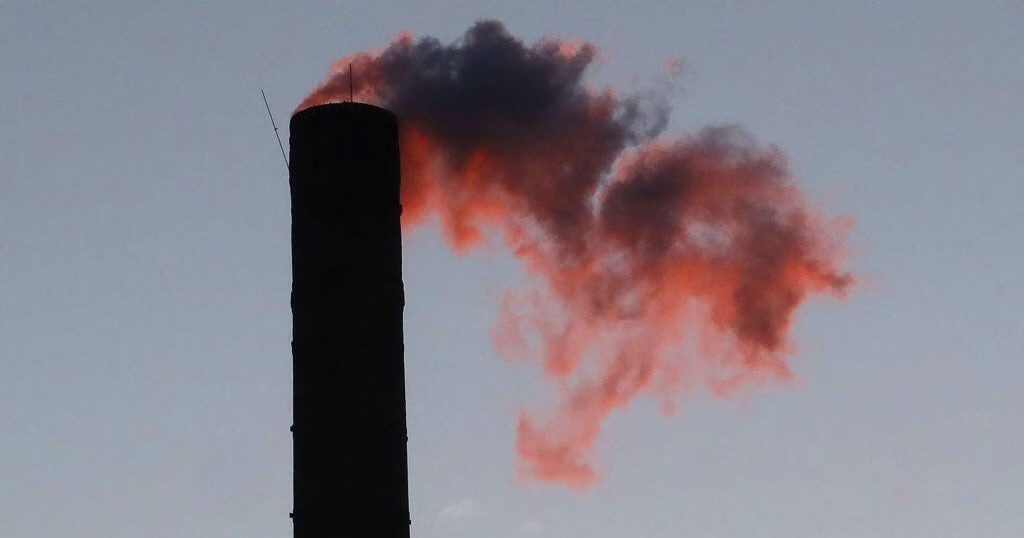The Senate on Thursday approved an effort to overturn an Environmental Protection Agency rule tied to the Clean Air Act and designed to limit seven of the most hazardous air pollutants that are emitted by heavy industry.
The 52-46 party-line vote marked the first time in the 55-year history of the Clean Air Act that Congress has moved to weaken the power of the landmark environmental law.
Senate Republicans utilized the Congressional Review Act to overturn the regulation, which was passed by the Biden administration in 2024.
The joint resolution now goes to the Republican-led House, where it also expected to pass.
The rule tied to the Clean Air Act was finalized last year to close a loophole that required all “major” sources of seven hazardous air pollutants to reduce their emissions by the maximum achievable amount, a policy called “Once in, Always In.”
The rule requires that industrial facilities — often chemical plants, oil refineries, and other industrial factories classified as “major” sources of toxic air pollution — always maintain strict pollution controls. Even if they comply and limit those pollution levels, those facilities would always be labeled “major” sources under the rule.
The Trump Administration had killed the rule in President Trump’s first term, but the EPA, under former President Joe Biden, finalized and updated it last September. The environmental advocacy group Earthjustice has said that the rule forced 1,800 facilities across the country to tighten air pollution controls to comply with the law.
The seven pollutants in question are:
- Alkylated lead compounds
- Polycyclic organic matter (POM)
- Mercury
- Hexachlorobenzene
- Polychlorinated biphenyls(PCB)
- 2,3,7,8-tetrachlorodibenzofurans (TCDF)
- 2,3,7,8-tetrachlorodibenzo-p-dioxin
Several Republican lawmakers have been attempting to revoke the rule. Republican Sen. John Curtis of Utah introduced the resolution which passed Thursday. Curtis had argued that the rule disincentivized companies to deploy new technology to reduce pollution.
“The rule put forward under the former administration shut the door on progress,” Curtis said in a statement after the resolution’s passage. “It told companies that no matter how much they invest to reduce harmful emissions, they would still be punished with permanent red tape. That’s not good science, it’s not good governance, and it certainly isn’t good for the environment. My resolution restores a common-sense incentive: if you clean up,…
Click Here to Read the Full Original Article at Home – CBSNews.com…

